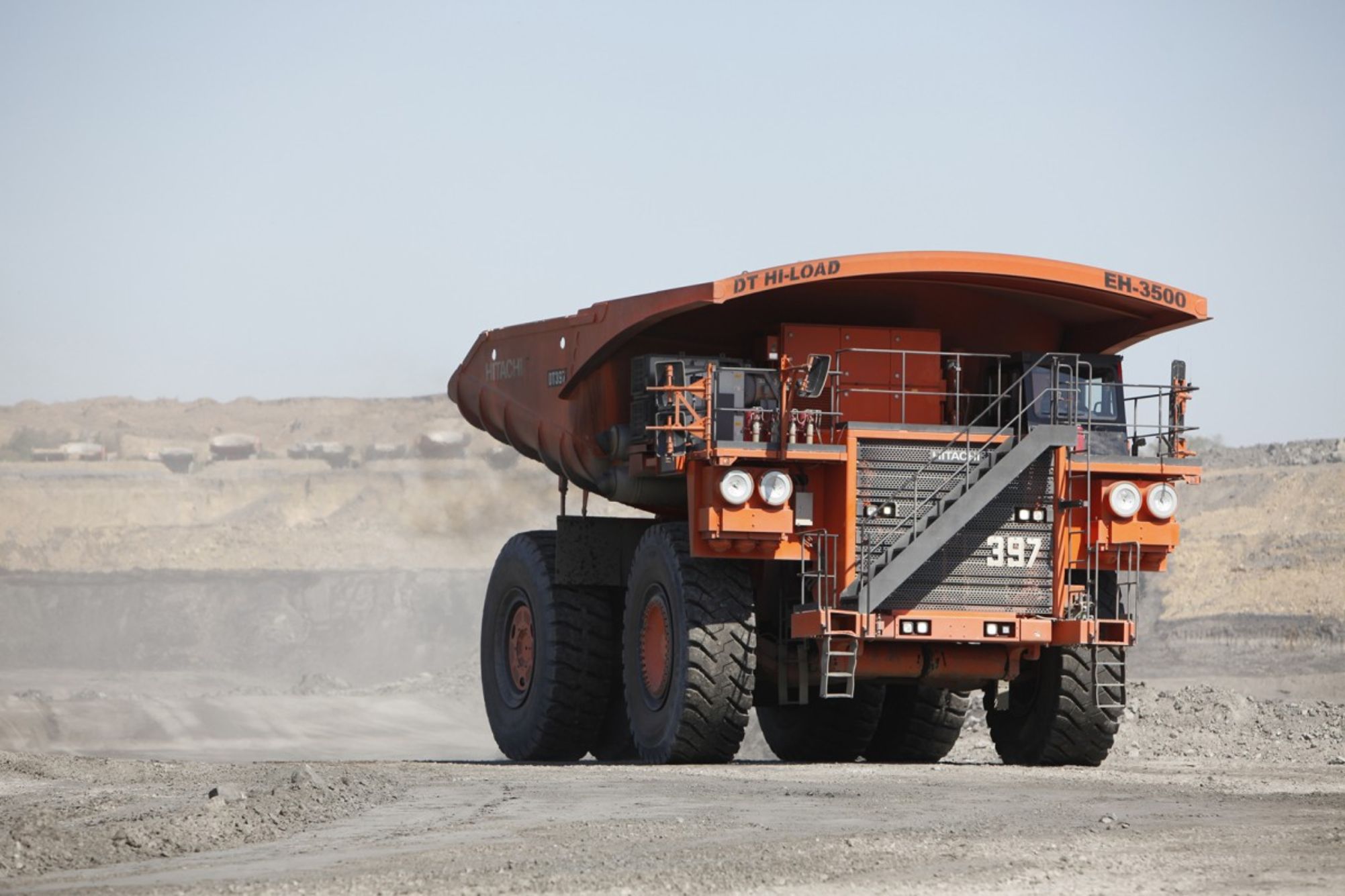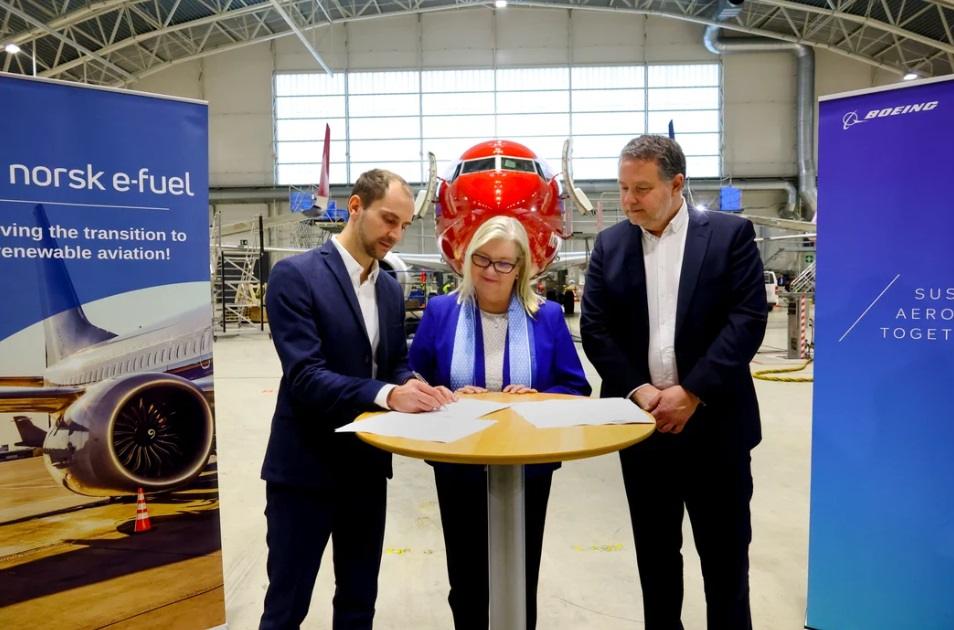HSBC, LGIM Join Call for Transparency on Thermal Coal Plans at Glencore
A group of investors representing $2.2 trillion in assets under management announced today the filing of a resolution at global mining and commodities company Glencore, calling for increased transparency into the company’s thermal coal production plans, and its alignment with lower demand for the resource in a net zero scenario, and with the company’s own climate commitments.
Investors included in the coalition filing the resolution included HSBC Asset Management, Legal and General Investment Management (LGIM) and Australian industry super fund Vision Super. Overall, 68 individual shareholders joined the co-filing of the resolution.
Thermal coal is the highest carbon emitting source of energy in the global fuel mix, yet it makes up nearly 40% of the world’s energy supply. According to the International Energy Agency (IEA), the use of coal for electricity generation is expected to decline significantly over the next few years under a 1.5°C-aligned net zero scenario, with demand falling two thirds between 2021 and 2030, with a steeper drop for thermal coal than coking coal.
Glencore has announced a series of climate-focused commitments over the past few years, including a pledge in 2020 to achieve net zero emissions by 2050, and interim goals introduced in 2021 targeting 50% absolute emissions reductions by 2035 across Scope 1, 2 and 3 emissions.
Beginning in 2021, Glencore also committed to bring its climate strategy to an advisory shareholder vote at its annual general meeting.
Thermal coal accounts for approximately 90% of Glencore’s annual coal production, which in turn accounts for around 90% of the company’s Scope 1, 2 and 3 emissions.
The shareholder resolution states that there is “insufficient evidence” to demonstrate that the company’s thermal coal production plans align with the 1.5°C pathway, noting Glencore’s recent intention to gain approval for thermal coal expansions at the Glendell and Hunter Valley Operations coal mines, and its 2021 Cerrejón coal mine in acquisition in Colombia.
Dror Elkayam, Global ESG Analyst – Investment Stewardship at LGIM, said:
“As long-term investors, the ability to assess and evaluate companies’ exposure to financially material risks stemming from the energy transition is vital. Having both invested in and engaged with Glencore over many years, a higher degree of transparency is necessary in order to clarify how the company’s exposure to thermal coal is aligned with the 1.5C pathway and corresponds to its net zero commitment.”
The resolution draws particular attention to the company’s capital expenditure plans, stating that the shareholders believe that “more value will be created for shareholders by allocating fossil fuel capex to the energy transition instead.”
The resolution asks that the company’s climate action plan that will be brought for a shareholder vote in 2024 include disclosure of how its thermal coal production projections align with the Paris Agreement objective to limit global temperature increase to 1.5°C, along with details of how Glencore’s capital expenditure for thermal coal production aligns with these objectives, and inconsistency of the plans with the IEA’s net zero scenario projections.
The proposals were facilitated and co-filed with the Australasian Centre for Corporate Responsibility (ACCR) and UK-based responsible investment NGO ShareAction.
Naomi Hogan, Strategic Projects Lead, ACCR, said:
“Climate disruption and transition risks are already biting, and investors expect Glencore to be upfront about the level of exposure to thermal coal from now until 2035. If Glencore truly seeks to have a Paris-aligned coal run down strategy, then this resolution is the catalyst for the company to clearly disclose to investors precisely what that strategy involves and how it will be managed.”





